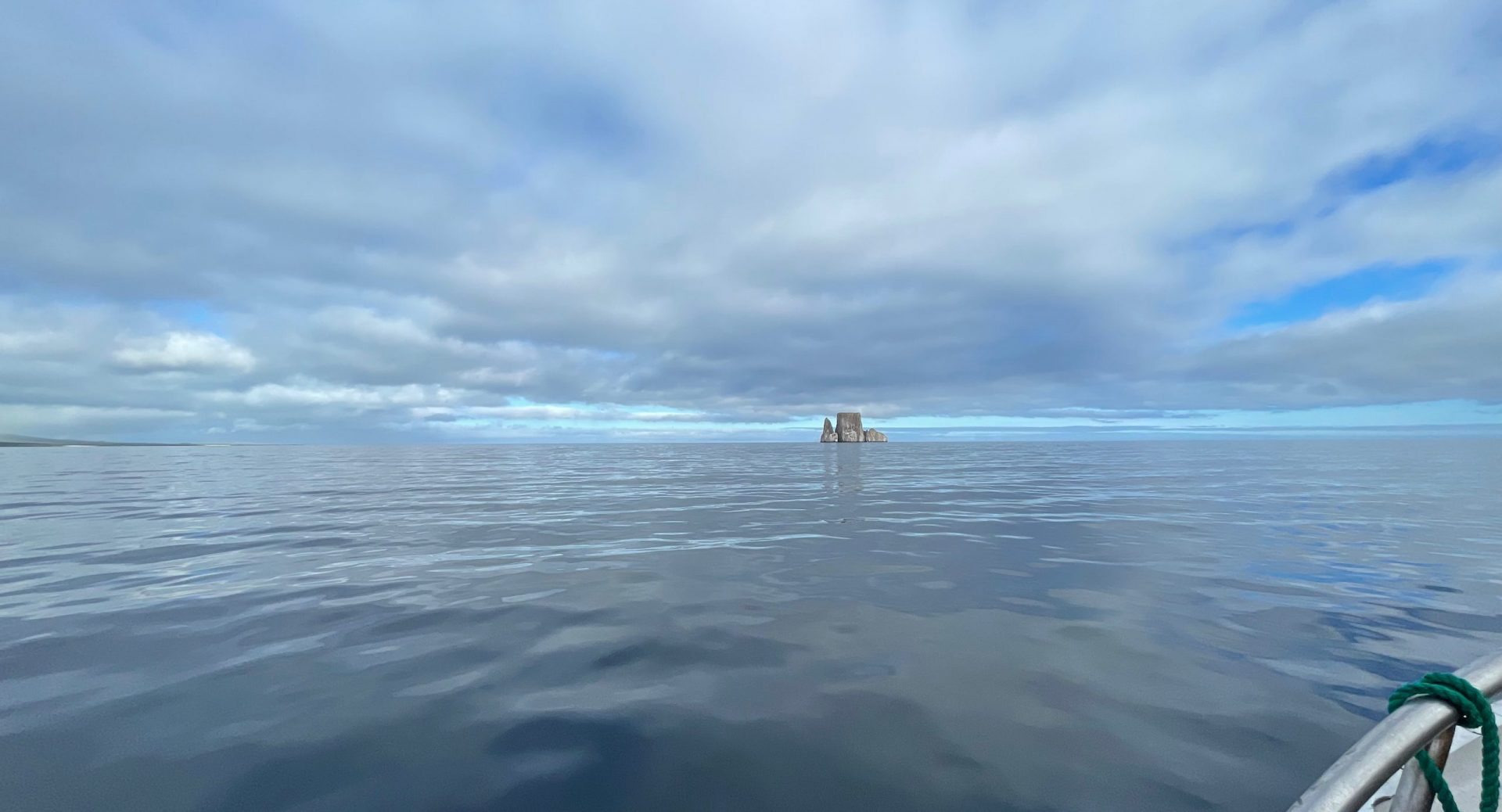As a child, one of Jane Goodall’s favorite books was “Doctor Dolittle,” which helped to unleash her love for wild creatures. At the age of 23, she traveled to Africa, where she met archeologist and paleontologist Louis Leakey, who would hire her as an assistant and later ask her to study chimpanzees in the Gombe Stream National Park in Tanzania. Goodall was the first to observe the use of tools and also the kind of warfare conducted by the species closest related to humans. Through her research, Goodall rose to become the world’s most famous primate researcher. She published her main body of work, “The Chimpanzees of Gombe: Patterns of Behavior,” in 1986. A short time later, she left scientific research behind in order to dedicate her life to the protection of chimpanzees and nature conservation. Goodall travels around the world 300 days a year as part of her efforts as a champion of the environment. The Jane Goodall Institute’s Roots & Shoots youth program is active in more than 130 countries. The 81-year-old Briton is also a United Nations Messenger of Peace and carries the title of Dame Commander of the Order of the British Empire. She’s been so busy over the past 20 years, she says, that she hasn’t even managed to sleep in the same bed for more than three weeks at a time.
In an interview with SPIEGEL, the doyenne of chimpanzee research discusses the often minor differences between humans and apes.
SPIEGEL: Dr. Goodall, the first half of your professional life, you dealt with chimps. During the second half, you have been dealing with humans. Is there anything you learned from chimps that helps you in dealing with people?
Goodall: I believe so. The chimpanzees taught me a lot about nonverbal communication. The big difference between them and us is that they don’t have spoken language. Everything else is almost the same: Kissing, embracing, swaggering, shaking the fist. I studied those things a lot in chimps, and I suppose that’s why I’m quite good at reading people. For example, if you catch somebody doing something wrong, he will just cringe away and curl up. He will not listen anymore. Instead, he will think of how he can counterattack. So the only possible way to get somebody to change is to reach into their hearts.
SPIEGEL: How?
Goodall: I remember once meeting the Chinese environment minister. I wanted to convince him to allow our Roots and Shoots program into Chinese schools. However, he spoke no English, and so now here we were, just sitting, a translator between us, and I had only 10 minutes time. So I gathered my courage and started off saying, …….
